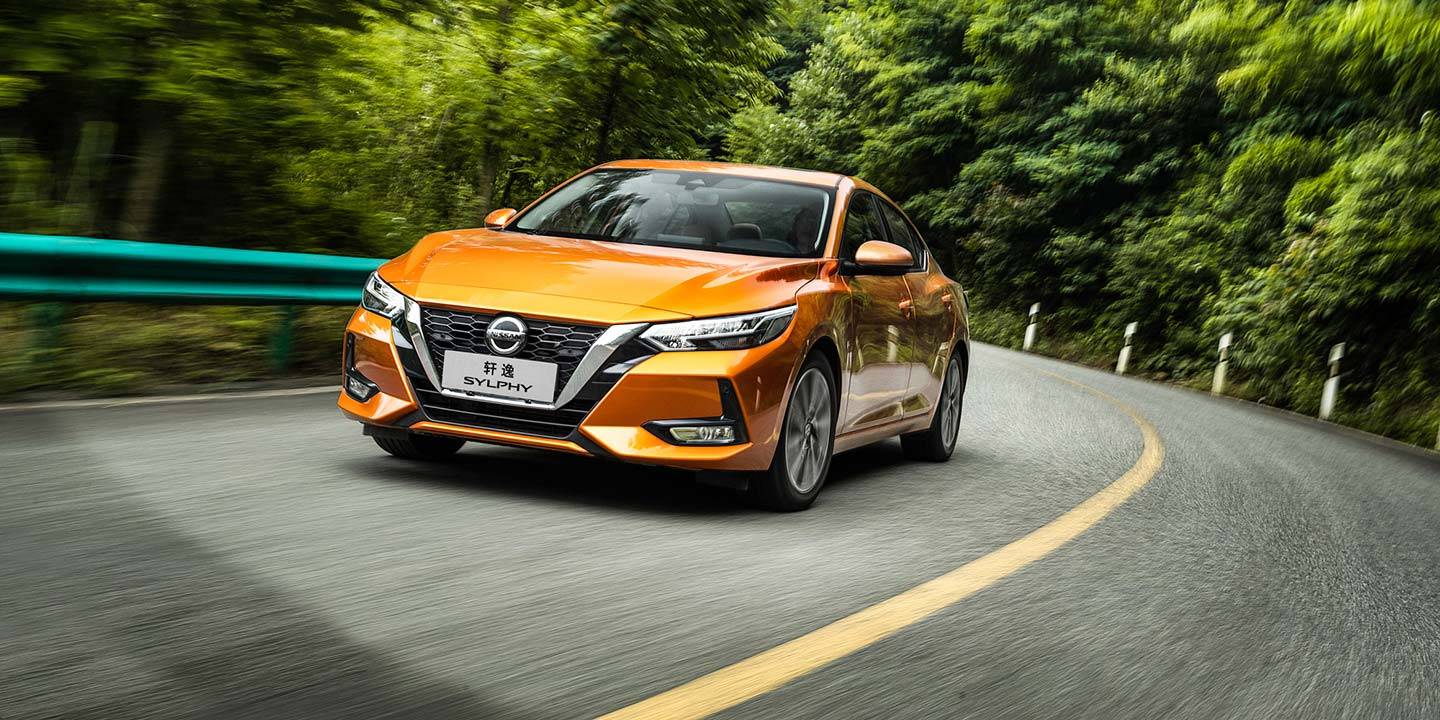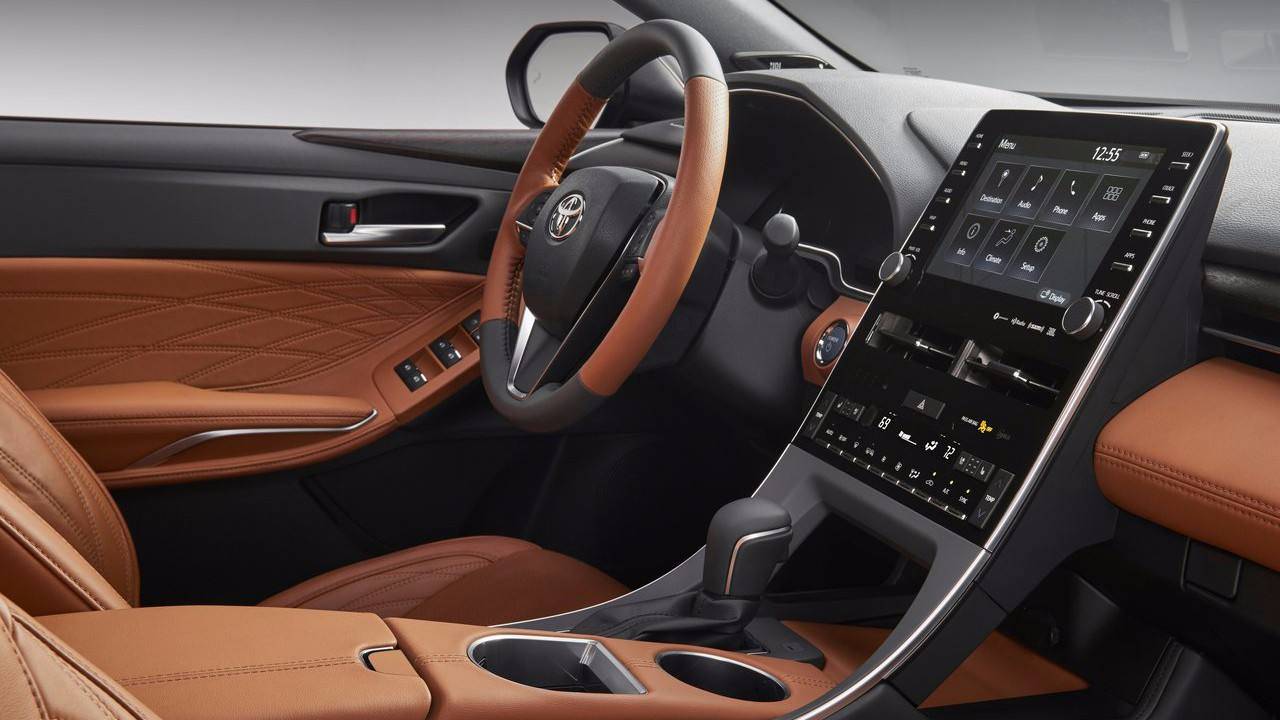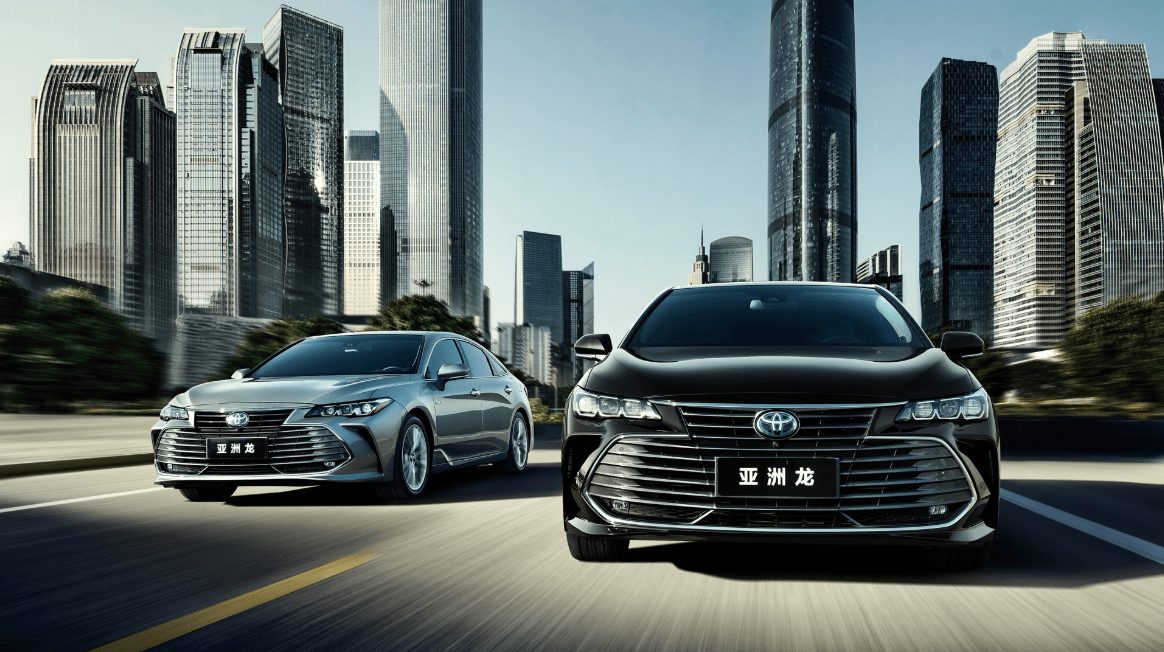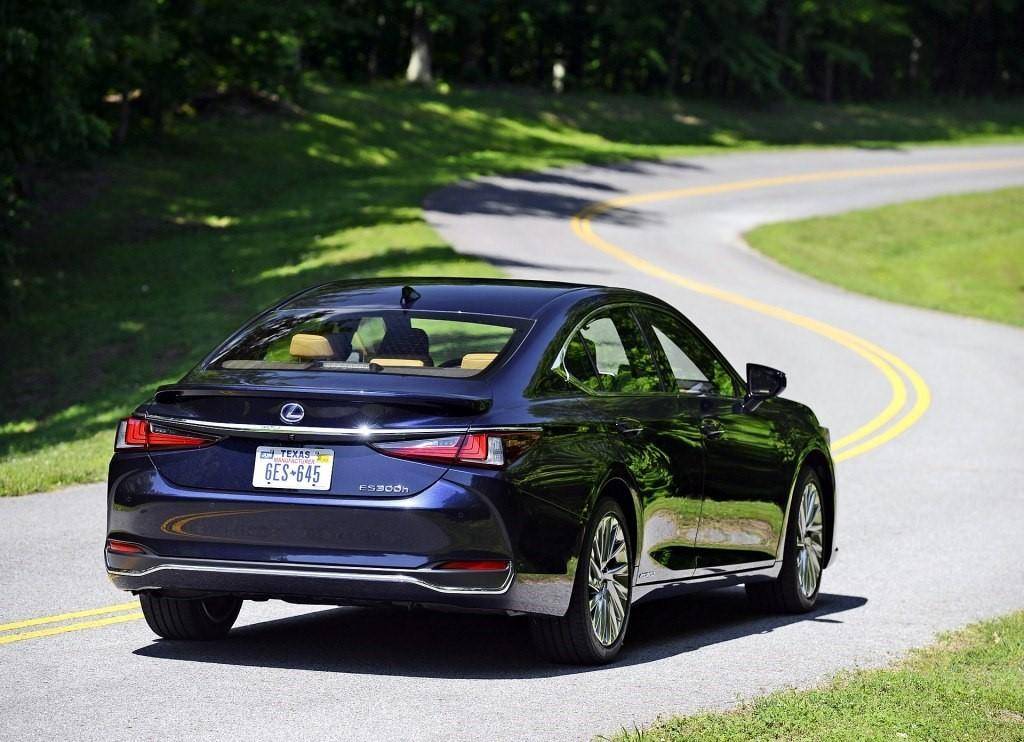Why do some people choose a Japanese car after buying a car for the first time, and then no longer choose a Japanese car when changing cars? Although Japanese cars have a strong performance in the domestic automobile market, they have been accompanied by many controversies, including thin skin, unsafe, high-speed drift, etc. In fact, the real shortcomings of Japanese cars are not here. Next, let’s talk about the advantages and disadvantages of Japanese cars.
Disadvantages of Japanese cars
- Weak high-end brands
This is an important reason why many Japanese cars are abandoned when changing cars. Compared with the German BBA, the domestic sales of Acura and Infiniti are bleak for Japanese luxury brands. Both the market share and the brand appeal are very weak. Lexus, the only relatively strong Japanese luxury brand, cannot be compared with the Germans in terms of sales and appeal. Therefore, when many people change cars, they want to switch to a luxury brand model because of income growth. Because there are not many models of Japanese luxury brands, they will naturally switch from Japanese to German.

Lack of driving pleasure
Frankly speaking, not all Japanese models lack driving pleasure. Subaru and Mazda have many fun-driving models, but the problem is that almost all Japanese cars with driving pleasure are generally sold models, while Japanese cars sell well. Good models, such as Nissan and Toyota models, lack driving pleasure. The self-priming engine is paired with a CVT gearbox, which is smooth but lacks the sense of paragraph shifting. The chassis is more comfortable, but the handling is average. Generally speaking, Japanese cars are like boiled water, which is cheap to quench their thirst, but they always feel a little bit less tasteful. For young people, they are too weak. Therefore, when changing cars, many people want to change to another one. A car that is fun to drive.
The technology is conservative and lacks a sense of technology
Perhaps because more stability is taken into account, Japanese cars are generally less enthusiastic about the use of new technologies. For example, for luxury brands like German, the interior design is more technological than one, and the car system is more dazzling. Cool, but many Lexus models don’t even have a Carplay. Turbocharging, dual clutch and other technologies, Japanese cars are also relatively conservative in application, which also makes many young people not interested in Japanese cars.

4. General exterior interior design
Most of the designs of Japanese models are not amazing. For example, Toyota models and Nissan models are less attractive than German models of the same level.
- General interior materials
Compared with American cars, domestic cars, and French cars, Japanese cars tend to be stingy in interior materials, with more hard plastics, and the interiors have a general sense of luxury.

Advantages of Japanese cars
Good fuel economy
Many people say that Japanese cars are fuel-efficient but have poor safety. This is completely false. Today’s most fuel-efficient models are actually Volkswagen’s turbocharged and dual-clutch models, followed by Japanese cars. In addition, in terms of safety, except for Honda, other brands of Japanese cars are not inferior to the public in terms of safety.
Good comfort
Japanese cars generally prefer comfort tuning, and they value the ride comfort of the second row. Whether it is the height of the platform protrusion, the tuning of the suspension and the powertrain, etc., they tend to give passengers a better riding experience.
Low failure rate
Although only changing glass water for ten years is an exaggeration, whether you admit it or not, Japanese cars do have certain advantages in terms of quality stability due to the adoption of more stable and mature technologies, and lower failure rates bring lower later stages. The cost.
High value preservation rate
The preservation rate of Japanese cars is the highest among all car lines, especially Toyota, Lexus, and Honda. This means that when selling cars, Japanese cars can be sold for tens of thousands of dollars.

Therefore, Japanese cars are stable in quality, fuel-efficient, and comfortable, and are suitable for family cars. However, they lack driving pleasure and sense of technology, and high-end brands have weak appeal. Many people choose Japanese cars after their first car. When you change cars, you will abandon Japanese cars. In fact, when you buy a German car and change a car, many people choose Japanese cars. It is a normal behavior and there is no need to overinterpret it.

































































You must log in to post a comment.